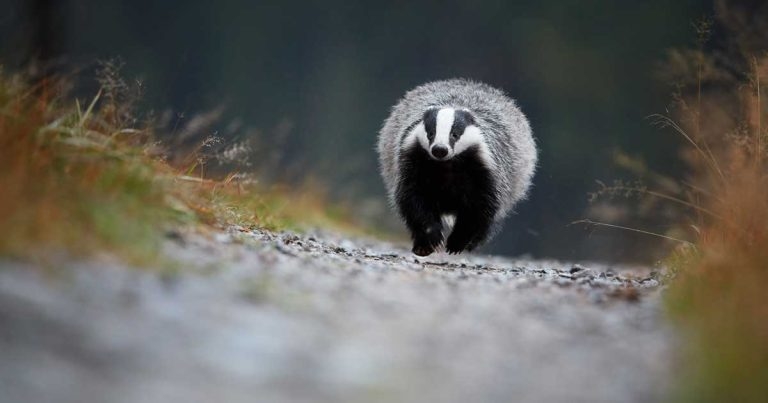20 Mar 2024
The new proposals, which are intended to follow on from the current intensive culling activity that is due to end in early 2026, were outlined in a 40-page document published on 14 March.

Image © Martin Mecnarowski / Adobe Stock
New bTB policy proposals, which could enable badger culling to continue indefinitely in some areas of England, have been unveiled by Defra.
Ministers claimed the measures, which are now being consulted upon, provide a “clear path” that will prevent the disease from re-establishing itself.
But opponents have accused the department of pursuing an “extermination” plan for the species, which some fear may also be politically motivated.
The new proposals, which are intended to follow on from the current intensive culling activity that is due to end in early 2026, were outlined in a 40-page consultation document published on 14 March.
Although the department insisted that most of its planned disease control measures focus on cattle, the continued role for badger culling will refuel the long-running scientific dispute on the policy.
The new proposals would allow culling to continue in targeted parts of the “high risk” and “edge” areas, which include much of central and south-west England, “until the disease situation has been deemed to have improved”.
Officials said culls would take place in areas of high cattle infection where evidence suggested badgers were a factor in the spreading of disease, with badger vaccination being deployed once the situation had improved sufficiently.
In his foreword to the consultation paper, Defra secretary Steve Barclay said he wanted to build certainty and trust, while putting farmers at the heart of policy.
He wrote: “This sets a clear path to preserve the gains of culling and prevent the return of the disease in these areas.”
But the Badger Trust, which advocated a single non-cull policy for the whole of Britain in its own bTB report published earlier this year, fears the new plan will condemn the species to local extinction.
Executive director Peter Hambly said: “The UK Government appears only to listen to stakeholders with vested interests and is fixated instead on a badger-focused policy that affects all of us, and our right to nature. We must speak up to protect it.”
The launch of the new consultation, which will run until 22 April, follows on swiftly from the publication of a research paper that claimed herd incidence of bTB fell by almost 56% following four years of badger culling activity.
Although the paper, published in the Scientific Reports journal, acknowledges that other measures may achieve similar results, it also claimed the estimates are in the range of earlier studies in both England and Ireland.
CVO Christine Middlemiss said the new plans would “ensure this downward trend continues, and all culling decisions taken under the new targeted approach will continue to be led by the very best scientific and epidemiological evidence”.
But wildlife scientist Tom Langton, whose co-authored research challenged the claimed benefits of culling two years ago, branded the consultation “an utter shambles” as he accused the department of refusing to disclose the code through which the data in the paper was analysed.
The claim has been denied by Defra, who said there was “no code to provide” because of the software used in the analysis.
But Mr Langton said legal action was being pursued on the issue and suggested the plan may have broader motivations, with the two main parties divided on culling and a general election near.
Full details of the proposals can be found online.